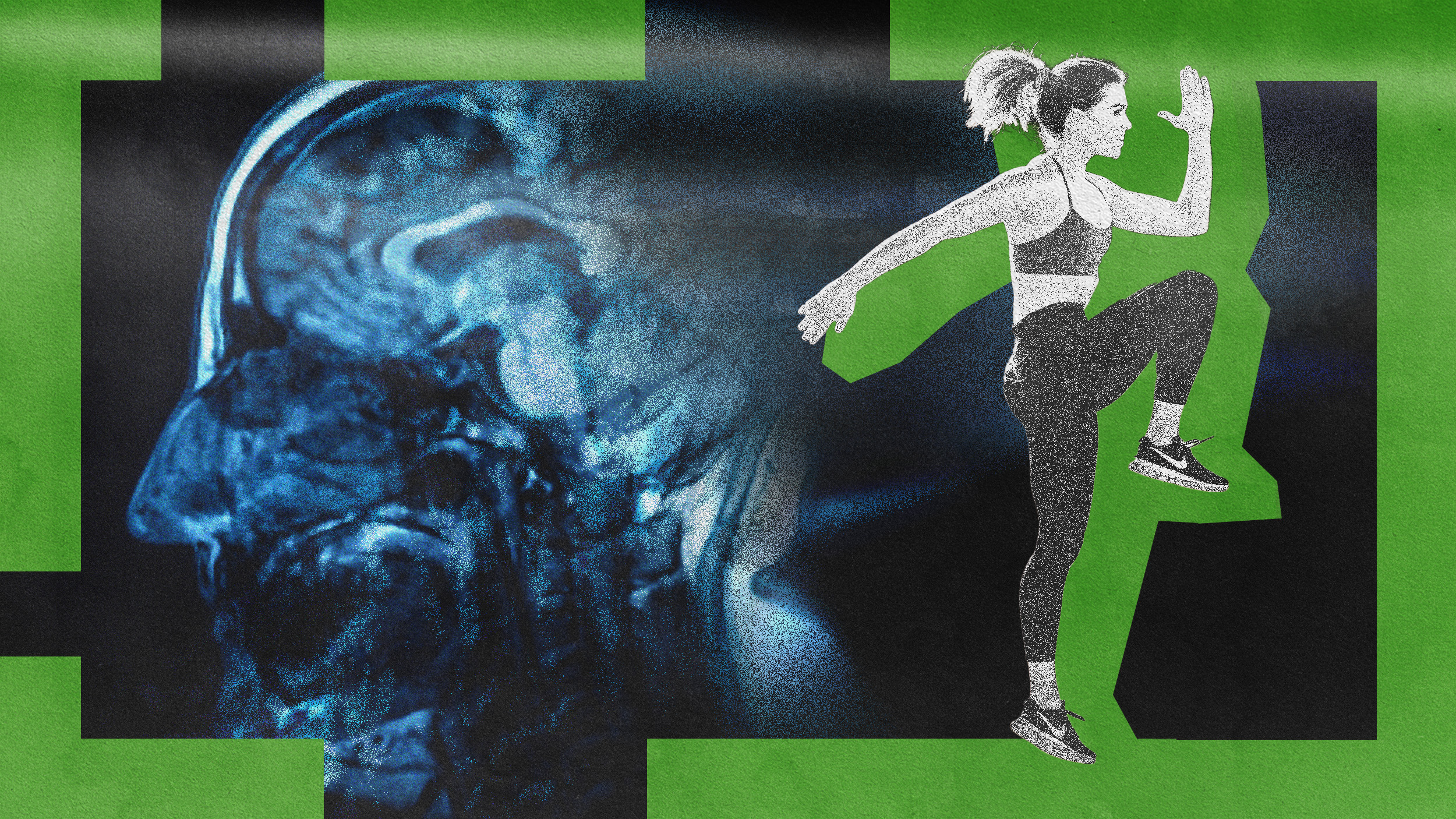How Exercise Worsens Drug Addiction

What’s the Latest Development?
Beware of exercising while leading a lecherous lifestyle, says a new scientific study, because physical activity may prime your brain for drug addiction. In experiments carried out at the University of Illinois, mice who exercised developed more powerful addictions to cocaine than their sedentary counterparts. The findings run contrary to the notion that because exercise stimulates reward centers in the brain, it may replace the role of drugs and alcohol in making us feel good. Quite the opposite, exercise seems to increase the power of addiction over our body and mind.
What’s the Big Idea?
Researchers say that the physically active mice became more easily addicted to drugs because of how exercise actually benefits the brain. Plentiful supplies of new brain cells were observed in the active mice, cells which were eager to learn by creating new associations. What they learned, however, was that cocaine made them feel good. So, say researchers, while an addiction developed while exercising may be harder to break, exercise continues to increase our capacity to learn—it’s up to each individual to use that capacity wisely.
Photo credit: shutterstock.com





